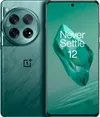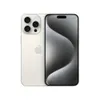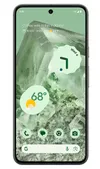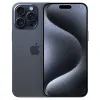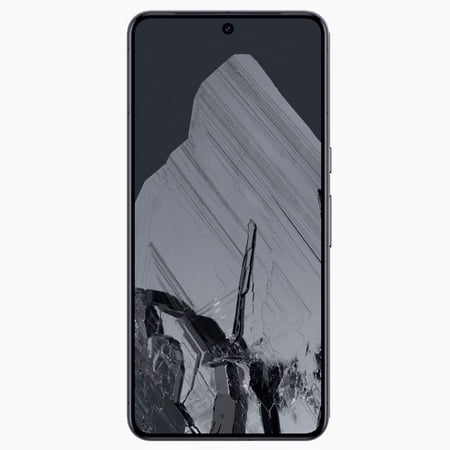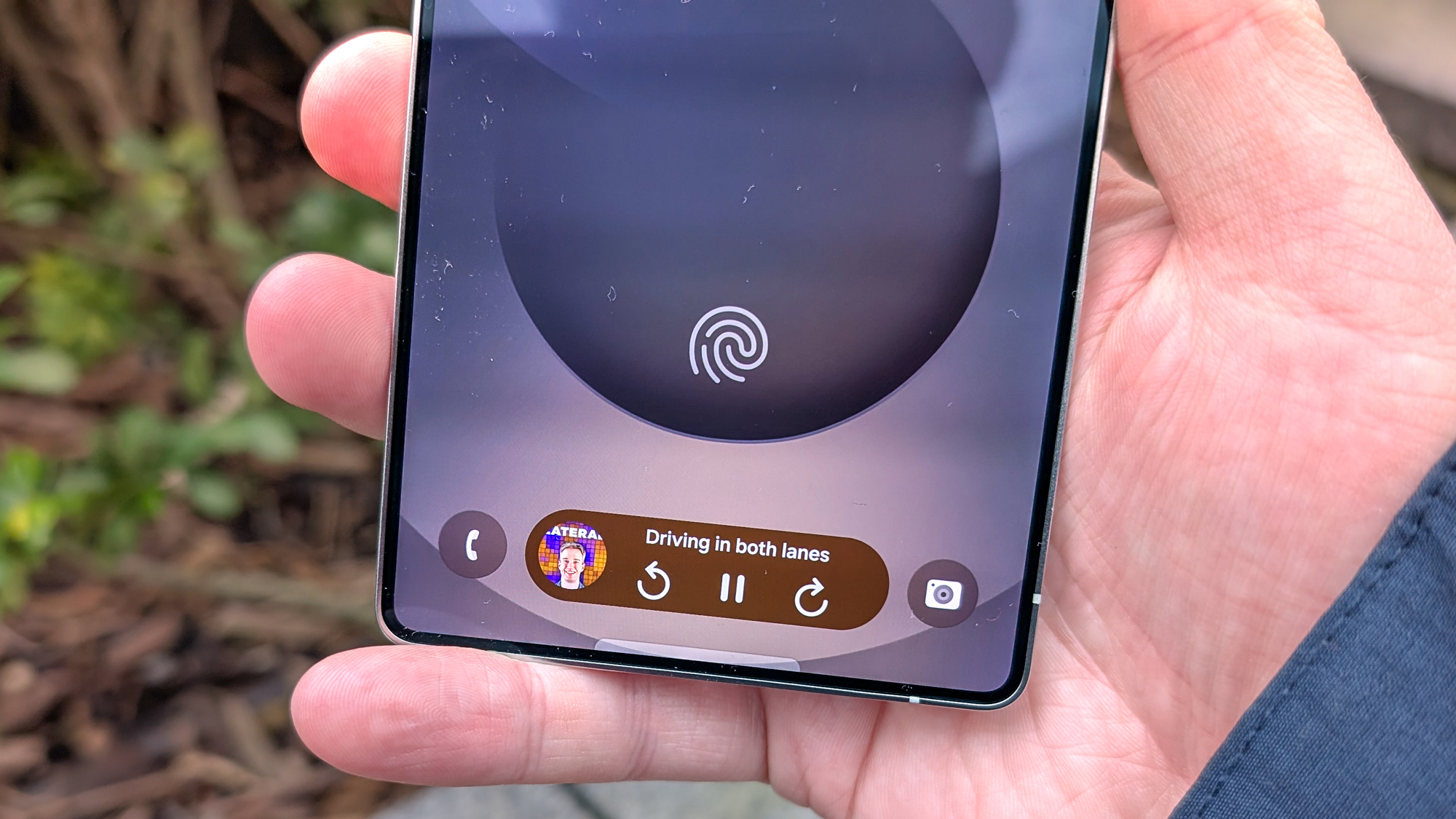Blue-green bubble divide — the state of iOS and Android messaging and how it’s about to change
RCS is coming to iPhone — what we're expecting to see
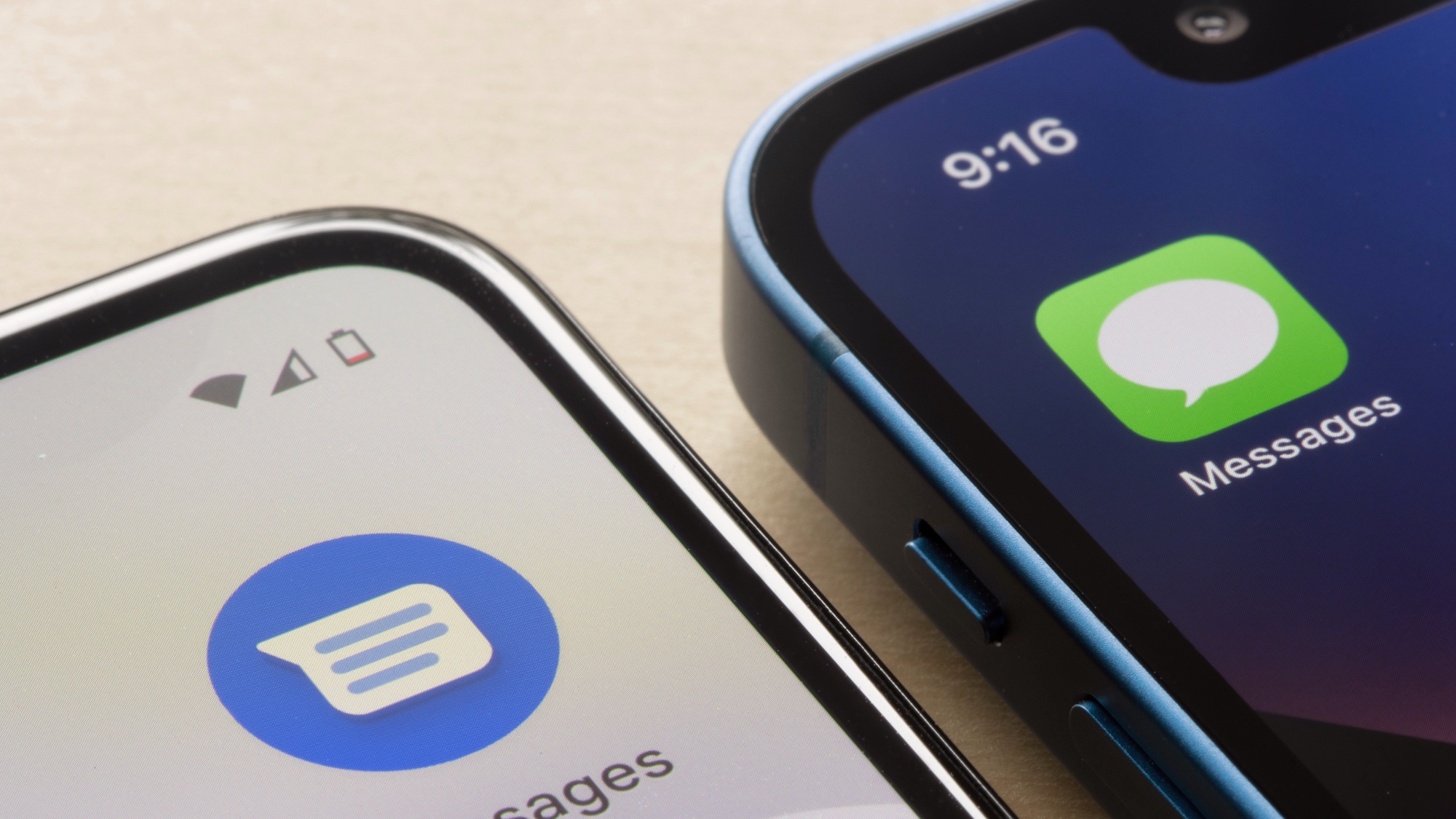
History is marked by great divides: The House of York and the House of Lancaster. The Hatfields and the McCoys. And, if you've ever tried to send text messages between an iPhone and Android device, the blue bubbles and the green ones.
As someone who primarily uses an iPhone for his texting needs, I've never really given the blue-green divide much thought. When I text my fellow iPhone-toting friends, everything shows up just fine — images look good, emoticons are faithfully rendered, we can even send each other animated confetti an balloons on appropriate occasions.
This does happen with my text messages to Android phones. The photos don't look nearly as sharp and forget about extra features working the way they're supposed to.
What we have here are dueling messaging standards. Apple uses its own in-house iMessage platform, which is why the iPhone-to-iPhone experience is so seamless. Android devices are using RCS, or Rich Communication Services. And while that's meant a better experience than the old SMS/MMS platforms when Android users text each other, cross-platforming message between default texting apps still leaves plenty to be desired.
Things should change somewhat later this year. Apple has already announced plans to bring RCS support to the iPhone at some point in 2024, and most expect that to be part of this year's iOS 18 update. With iOS 18 set to receive a preview at WWDC 2024 in June, we could get our first glance at what a Messages app with RCS support might look like. The trouble is, it's unlikely to address all the issues Android and iPhone texters have run into over the years.
Here's a rundown of how we got here and what the future of messaging holds.
What is RCS?
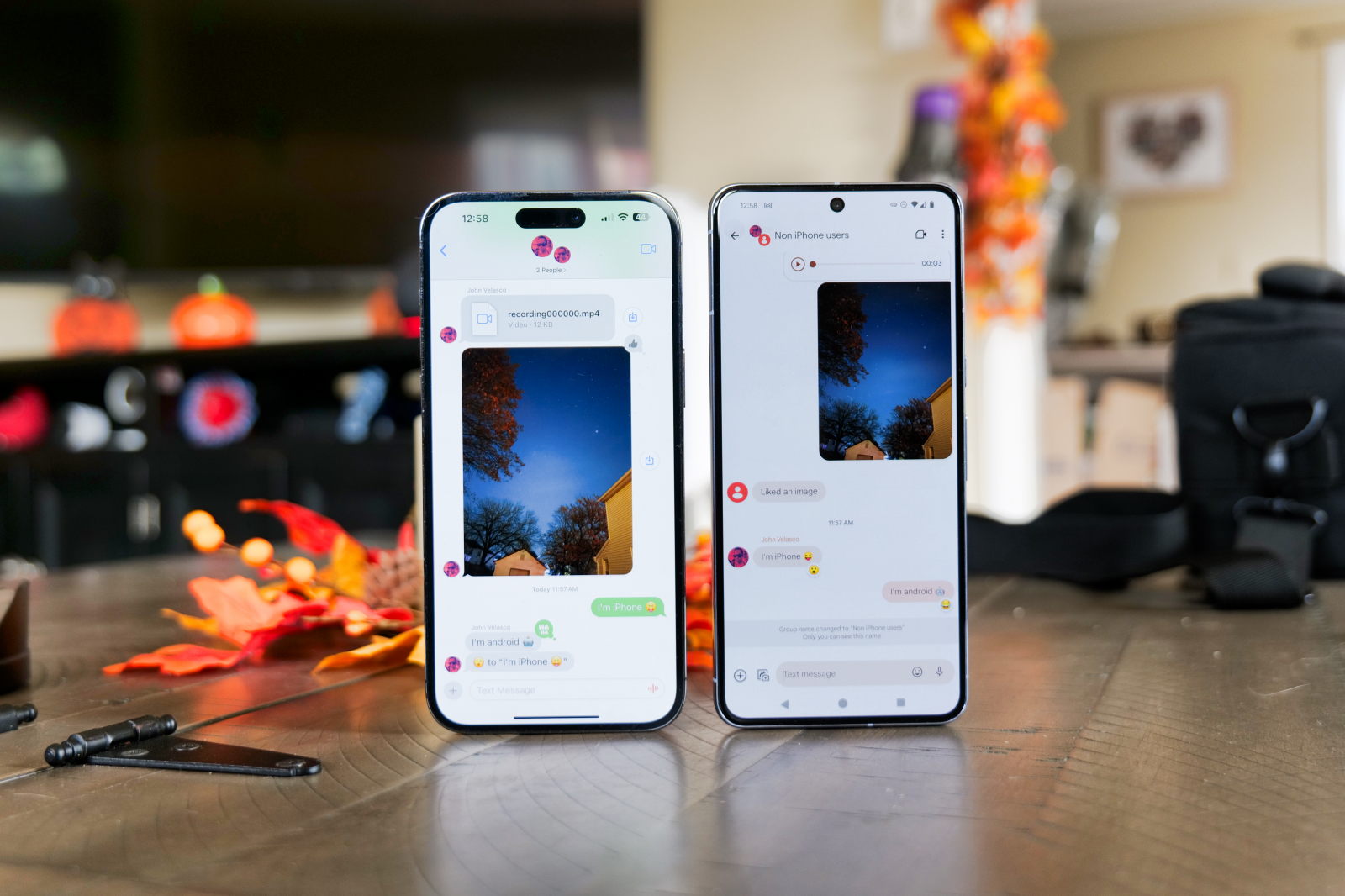
RCS was developed as a messaging platform to replacing the aging SMS and MMS standards, which had grown unable to support some of the more sophisticated features that texters were demanding. RCS went live on Android phones in 2019, promising an experience that was more like Apple's iMessage platform. That meant text and images were sent simultaneously over a data connection alongside extra features you probably now take for granted like typing indicators and read receipts. Google added end-to-end encryption for beta users at the end of 2022 before rolling out to everyone in 2023.
Sign up to get the BEST of Tom's Guide direct to your inbox.
Get instant access to breaking news, the hottest reviews, great deals and helpful tips.
Well, not everyone. Apple steadfastly refused to join the RCS party, preferring its own iMessages approach, which brings us to where we are now — blue bubbles and green bubbles and subpar media quality, with very little cross-platform functionality.
Why doesn't Apple support RCS?
You'd have to ask Apple that question. When CEO Tim Cook was asked at a tech event in 2022 why Apple didn't add RCS support, he suggested that Apple's customer base hadn't requested the feature. Pressed by a reporter who noted that he and his Android-using mother had a hard time texting photos to one another, Cook's advice was to "buy your mom an iPhone."
That may get closer to Apple's real motivation for sticking to its own messaging platform. iMessage has proven very popular, and Apple likely sees it as a distinguishing feature for its iPhones. That would certainly explain why the different colors for message bubbles — Apple wants to make it very clear what device can expect the better texting experience.
To that end, the blue and green bubbles of Apple's messaging app have become something of a status symbol, according to some media reports. For example, a 2023 New York Times column noted that school-age kids are particularly sensitive to who's a blue bubble and who's been saddled with green.
But Apple is going to support RCS going forward?

Indeed. In late 2023, Apple confirmed plans to add RCS support at some point in 2024. ""We believe RCS Universal Profile will offer a better interoperability experience when compared to SMS or MMS," Apple said in a statement. "This will work alongside iMessage, which will continue to be the best and most secure messaging experience for Apple users."
That's another way of saying that iMessage isn't going to go anywhere. RCS support is being added alongside iMessage merely as a way of improving inter-platform texting.
Why did Apple change its tune about RCS?
There's no official word beyond Apple's statement from last November. But if we were to read between the lines, we would paraphrase Sesame Street and conclue that this change is being brought to you by the letters "E" and "U" — as in the European Union regulators that have been pressuring Apple to comply with the Digital Markets Act.
Already, Apple has added USB-C to the iPhone 15 lineup ahead of an EU edict that required universal standards on phones. iOS 17.4 added the ability to access third-party app stores, at least in countries that are part of the EU to comply with the Digital Markets Act.
That said, in February, the European Commission announced that it would not designate iMessage as a "core platform service," a move that would have opened iMessage up to further regulations. That decision came just two months after Apple's announcement about adding RCS support — more proof that in business as in comedy, timing is everything.
So the green and blue bubbles will be no more?
No. They're not going anywhere. Apple has already said as much.
So what is going to change once Apple's Messages app supports RCS?
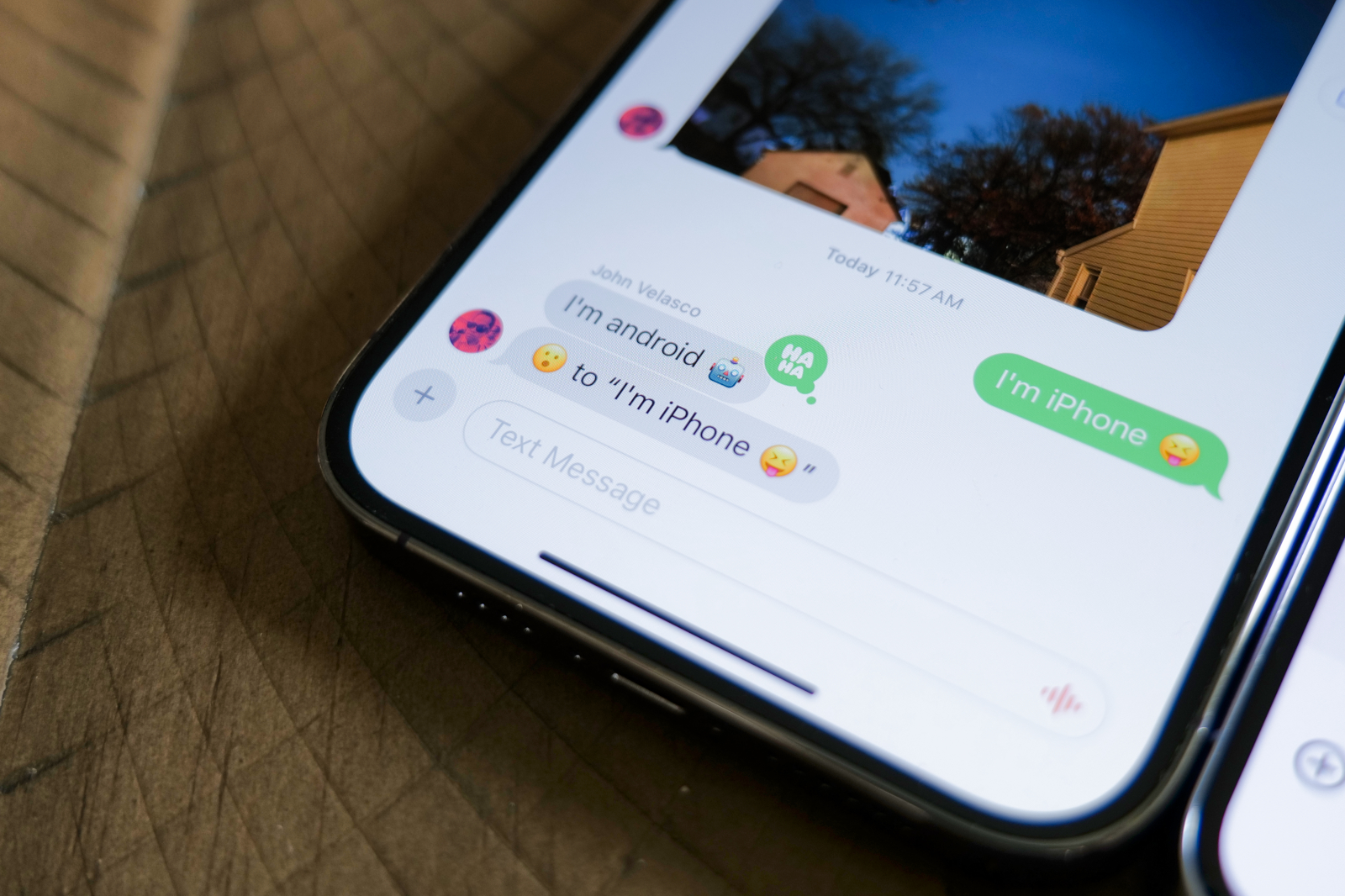
That's somewhat hard to say until we see the RCS implementation in action, but it's widely believed that the texting experience between Android and iOS devices will be better, if not exactly seamless. Features like read receipts, typing indicators, location sharing and reactions will likely be supported; the animated reactions and live stickers that iMessage users enjoy likely won't be.
According to TechRadar, Apple has no plans to support the proprietary extensions Google added to bring encryption to its flavor of RCS. Instead, Apple is apparently looking to work with the GSM Association, a mobile trade industry group, to bring encryption to the standard version of RCS.
When is this going to happen?
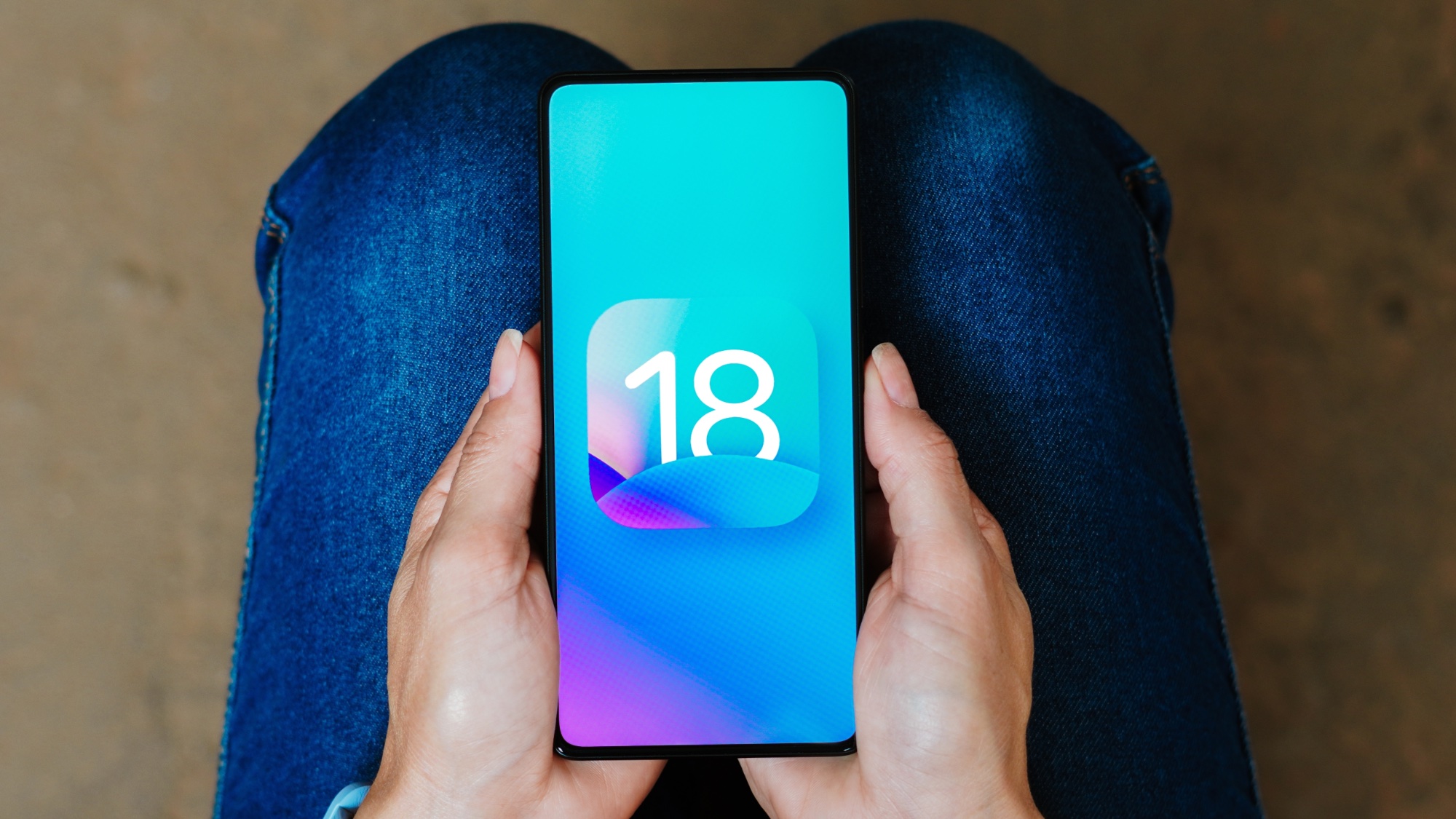
As noted at the start, Apple typically previews the year's big software releases at its Worldwide Developers Conference (WWDC). At that event, it releases betas of the software so developers can see how the new features work and update their apps accordingly. A few weeks after WWDC, Apple releases public betas that let the rest of us try things out. (Or at least the rest of us who don't mind installing potentially buggy beta software on our Apple devices.)
This year's WWDC gets started on June 10, and iOS 18 will almost certainly be a focus of Apple's opening keynote. We'd anticipate the public beta reaching would-be testers by the end of the month, with a full version of the update ready in the fall just before the release of the new iPhone 16 line.
One word of caution about the beta, besides the fact that it may contain show-stopping bugs: not every feature appears at once, as Apple updates its betas frequently throughout the summer. That means even after an iOS 18 beta lands, RCS support might not appear until later in the process.
Is there anything I can do between now and then?
If you're an Android user, you can try out the Custom Bubbles feature that's been added to Google Messenger. It lets you color-code your chat bubbles, assigning blue to your cross-platform chats at long last.
Yes, this is purely a cosmetic change for your eyes only. But at least it's something.
More from Tom's Guide
- iOS 18 apps: Biggest rumored upgrades
- RCS on the iPhone: 7 changes we’d like to see
- Apple vs DOJ: 5 biggest allegations in the antitrust suit
Philip Michaels is a Managing Editor at Tom's Guide. He's been covering personal technology since 1999 and was in the building when Steve Jobs showed off the iPhone for the first time. He's been evaluating smartphones since that first iPhone debuted in 2007, and he's been following phone carriers and smartphone plans since 2015. He has strong opinions about Apple, the Oakland Athletics, old movies and proper butchery techniques. Follow him at @PhilipMichaels.
-
xegere This blue bubble / green bubble "divide" is so US centric and so boring at this stage. For some reasons Americans don't seem to know that 3rd party message apps are multiplatform and seamless. Obviously I'm talking about WhatsApp. Telegram. Signal. I wish tech writers would stop this boring topic and rather explore what it is about the US specifically that makes Americans never use non default apps.Reply -
schwaggins Last year, China's government began the process of requiring all 5G smartphones sold in the country to support RCS as a condition of regulatory certification.Reply
This is why Apple is doing it.
Expect RCS to be fully supported like any other Chinese RCS device. -
BW1164 Reply
Yes it is US centric cause unlike in Europe the US gave SMS and talk minutes Free. So there was no need for something else at the time. The reason why the US don't use non default apps is exactly that, they are non default. People unless given a specific reason won't change what they have already.xegere said:This blue bubble / green bubble "divide" is so US centric and so boring at this stage. For some reasons Americans don't seem to know that 3rd party message apps are multiplatform and seamless. Obviously I'm talking about WhatsApp. Telegram. Signal. I wish tech writers would stop this boring topic and rather explore what it is about the US specifically that makes Americans never use non default apps.
When Apple did iMessage it was interesting that you got all this on iPhone to iPhone and SMS which was still used by every one else. Then better options like Whatsapp and signal came along. For myself I loved Whatsapp until Zuck bought them. At that point I dropped them like a hot potato. Meanwhile with Apple's here they built a cult following since for many it just worked. Nevermind that there was something better, to them it was all there to begin with. Then you have group pressure of "Why don't you have iMessage?". Even though they know you have an android phone. There was a hope years ago that iMessage would come to android. That was until they realized it could be used as a lock in to keep people on iOS.
So here we are now. Let's hope RCS will help. -
NonDefaultAmerican Reply
Crossing my fingers!BW1164 said:Yes it is US centric cause unlike in Europe the US gave SMS and talk minutes Free. So there was no need for something else at the time. The reason why the US don't use non default apps is exactly that, they are non default. People unless given a specific reason won't change what they have already.
When Apple did iMessage it was interesting that you got all this on iPhone to iPhone and SMS which was still used by every one else. Then better options like Whatsapp and signal came along. For myself I loved Whatsapp until Zuck bought them. At that point I dropped them like a hot potato. Meanwhile with Apple's here they built a cult following since for many it just worked. Nevermind that there was something better, to them it was all there to begin with. Then you have group pressure of "Why don't you have iMessage?". Even though they know you have an android phone. There was a hope years ago that iMessage would come to android. That was until they realized it could be used as a lock in to keep people on iOS.
So here we are now. Let's hope RCS will help. -
Bradmyers99 II think happen is you know how when if an Android person text an Android person over RCS it's going to be the exact same thing and yeah you are going to be able to do the whole live liking and whatever because you can do that on Android so if you can do it on Android it should be cross platform in the RCS so I mean it's kind of weird because sometimes when my mom sends me a heart or something it'll show up on the message but then sometimes it'll say Peggy liked your message and it's just weird because it's looks like they're working on it but then they're backtracking and then working on it then backtracking I'm not sure. I can only hope because I'm not going to be pushed into buying an apple I'm just not going to ever.Reply



